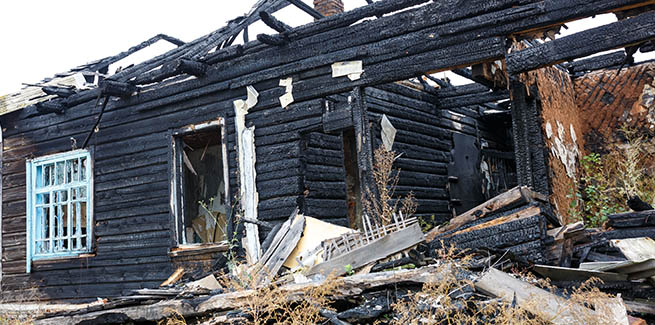A new report from Moody’s Investors Service has warned of growing risks to Australia’s residential mortgage-backed securities (RMBS) in light of the ongoing bushfire crisis.
Moody’s noted the significance of the scale of destruction caused by the ongoing Australian bushfires, with approximately 11 million hectares burned and 1,900 residential dwellings destroyed as of 7 January.
However, the ratings agency added that at present, the number of homes destroyed by the natural disaster comprise of a “small proportion” of the overall residential housing stock in Australia, with exposure to loans on bushfire-affected properties “low” among the securities rated by Moody’s.
“We therefore expect that while mortgage delinquencies will increase in affected areas because of the economic disruption and damage caused by the fires, this will not materially hit RMBS portfolios,” Moody’s stated.
“Around 6.7 per cent of loans in RMBS we rate are on properties in fire-affected areas, but the actual share of loans that will be negatively affected by the fires – either because the underlying properties have been damaged or destroyed or because of the economic disruption caused by the disaster – is likely to be much smaller.
“Recent natural disasters have all had limited and temporary impact on the performance of our RMBS portfolio.”
Moody’s also noted that the bushfires have largely affected rural and regional areas, with most of the Moody’s-rated loans backed by properties in major capitals.
This view is shared by Standard & Poor’s (S&P), which has also published an analysis of the impact of the bushfire crisis on credit quality.
S&P noted that it expects the increase in the larger Australian banks’ credit losses to be “modest” across their respective home loan portfolios.
However, Moody’s stated that while RMBS exposures are currently small, the ongoing bushfires could spread and increase credit quality risks.
“The frequency of natural disasters in Australia is increasing, and climate change is likely to contribute to more extreme weather events,” Moody’s claimed.
According to the ratings agency, such risks would be mitigated by relief packages from the public and private sectors.
“The geographic diversity of RMBS loans pools, insurance and financial relief provided by lenders and governments will limit the extent of mortgage delinquencies, defaults and losses caused by each individual natural disaster,” Moody’s added.
“Nevertheless, the increasing frequency and severity of disasters means they pose a growing risk.”
Bushfires pose greater risk to business loan portfolios
According to S&P, losses from business lending, which includes the provision of finance to the agricultural and tourism sectors, “could become more significant” due to the “longer-term and second-order effects”.
“Lending to these sectors forms about 10 per cent of the total Australian bank business lending, although information on bank lending to these sectors within the bushfire-affected areas is not available,” S&P noted.
“These sectors are likely to suffer short- and long-term damage from the fires because of the loss of productive assets such as livestock, fruit-bearing trees and tourist accommodation, as well as potentially reduced tourist attractiveness.
“The agriculture sector has already been under a degree of stress due to the drought conditions prevailing in the country for some time.
S&P noted that agriculture and hospitality-related industries form a large part of the economy in the bushfire-affected areas, contributing to approximately 13 per cent of employment.
Both Moody’s and S&P concluded by noting they would “closely monitor developments” as the bushfire season continues.
[Related: CBA offers $59k grant for bushfire damaged properties]
